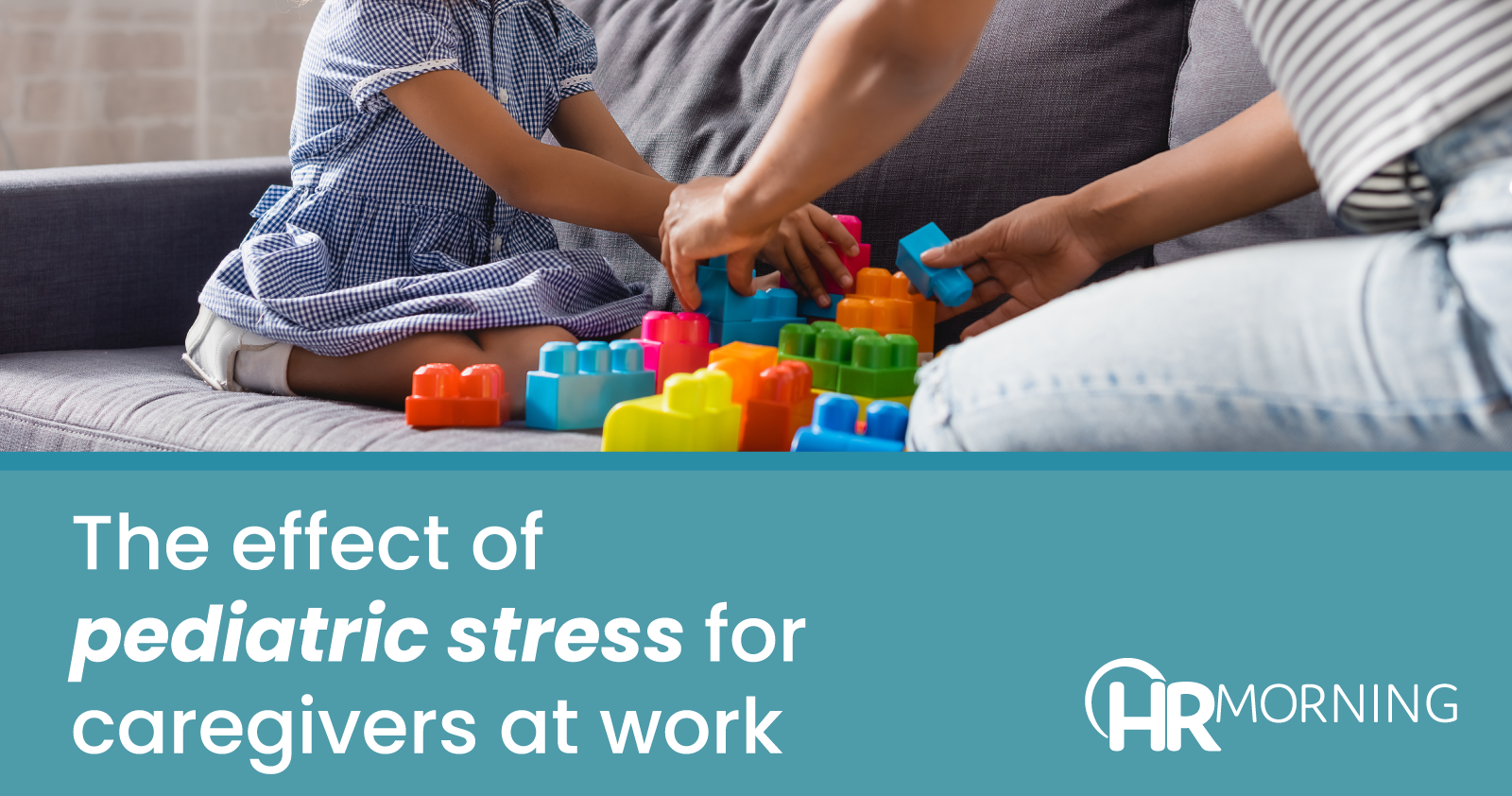Many HR professionals are aware of the struggles full-time parents go through and how to support caregivers at work. However, since COVID-19, many parents have had to face a new struggle: pediatric mental health issues.
In a 2020 survey from Lurie Children’s Hospital of Chicago, 71% of parents reported the pandemic had an effect on their child’s mental health. Data has shown a rise in mental health-related emergency department visits for children since 2020.
However, the youth mental health crisis does more than increase stress for caregivers – it can even have an effect on productivity.
Pediatric stress and caregiver productivity
A research study from Brightline, a virtual behavioral care platform for families, shows that there are links between pediatric stress and productivity at work. The data shows that working caretakers struggle to balance work and managing their children’s mental health needs.
“This research proves there are urgent steps employers can and must take to support working caregivers and their families through the youth mental health crisis,” said Dr. David Grodberg, Chief Psychiatric Officer at Brightline and author of the study.
The report finds that:
- More than 20% of respondents admitted that their child needed or used more medical care, mental health or educational services than is usual for children of the same age
- 78% of participants reported spending two or more hours per week on their child’s behavioral health, and 35% spent 5+ hours per week, and
- 85% say spending time on their child’s behavioral health impacts their ability to work and be productive.
How to support caregivers in the workplace
The study found that there is a positive correlation between family connections and lower productivity loss, which may be attributed to caregivers with strong family connections having lower stress. Aside from encouraging strong family connections, there are other ways to help support these employees in the workplace, such as:
- Being flexible: Any working parent knows that carting children off to appointments can be stressful when working full time. Being flexible about working from home or shifting hours to accommodate any appointments can help reduce stress in the employee, which will in turn increase productivity.
- Communicating support: Many parents feel shame or hold the misconception that they did something “wrong” as a parent when children have behavioral health issues. This can stop them from being honest about their struggles, so cultivating a strong relationship with caretakers will make them feel supported and give them someone to open up to.
- Inclusive benefits: Benefits – and the clear communication of those benefits – can help all employees, but especially full-time parents or guardians. Consider offering things like an FSA, childcare benefits with access to childcare providers who can deal with children who have special needs, and options for interventions that have different options for access to care, like virtual visits.

